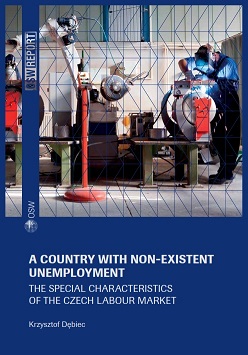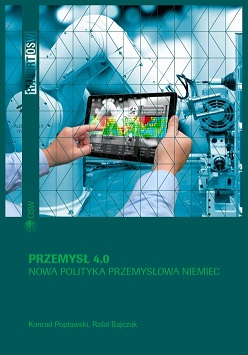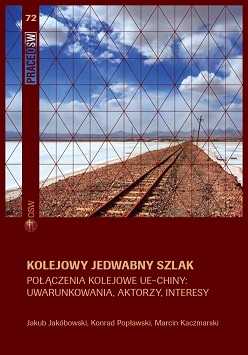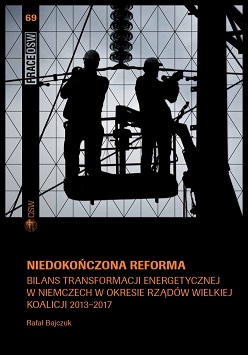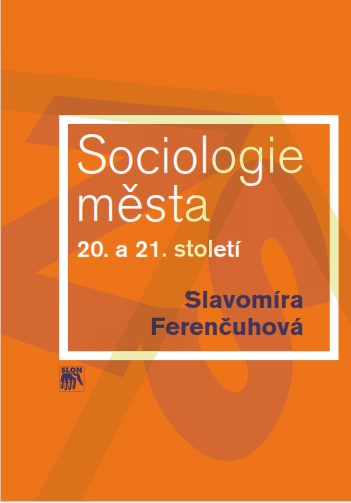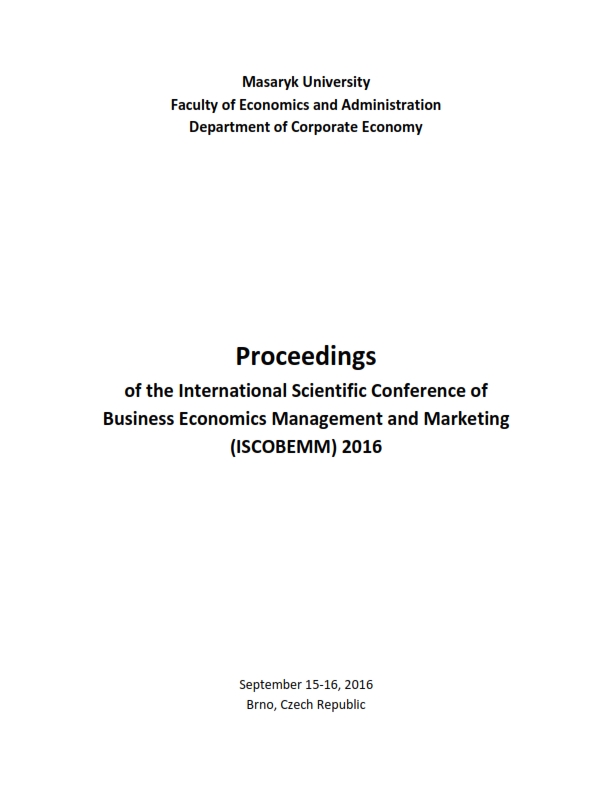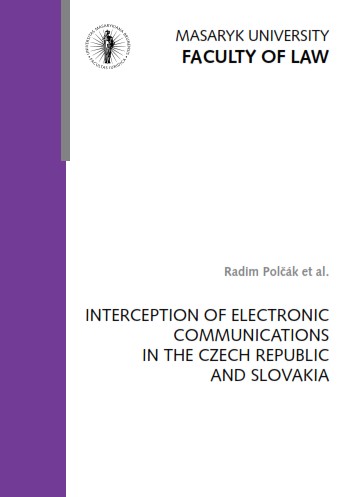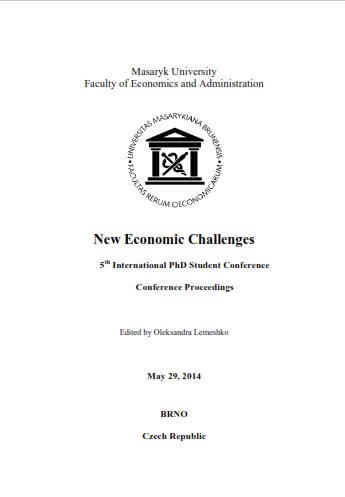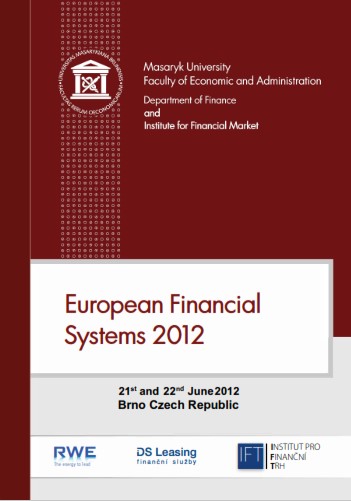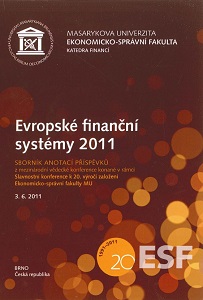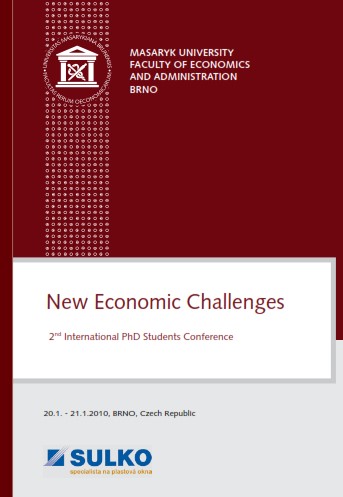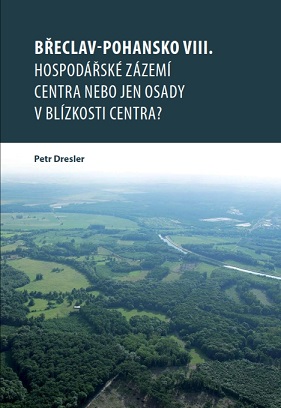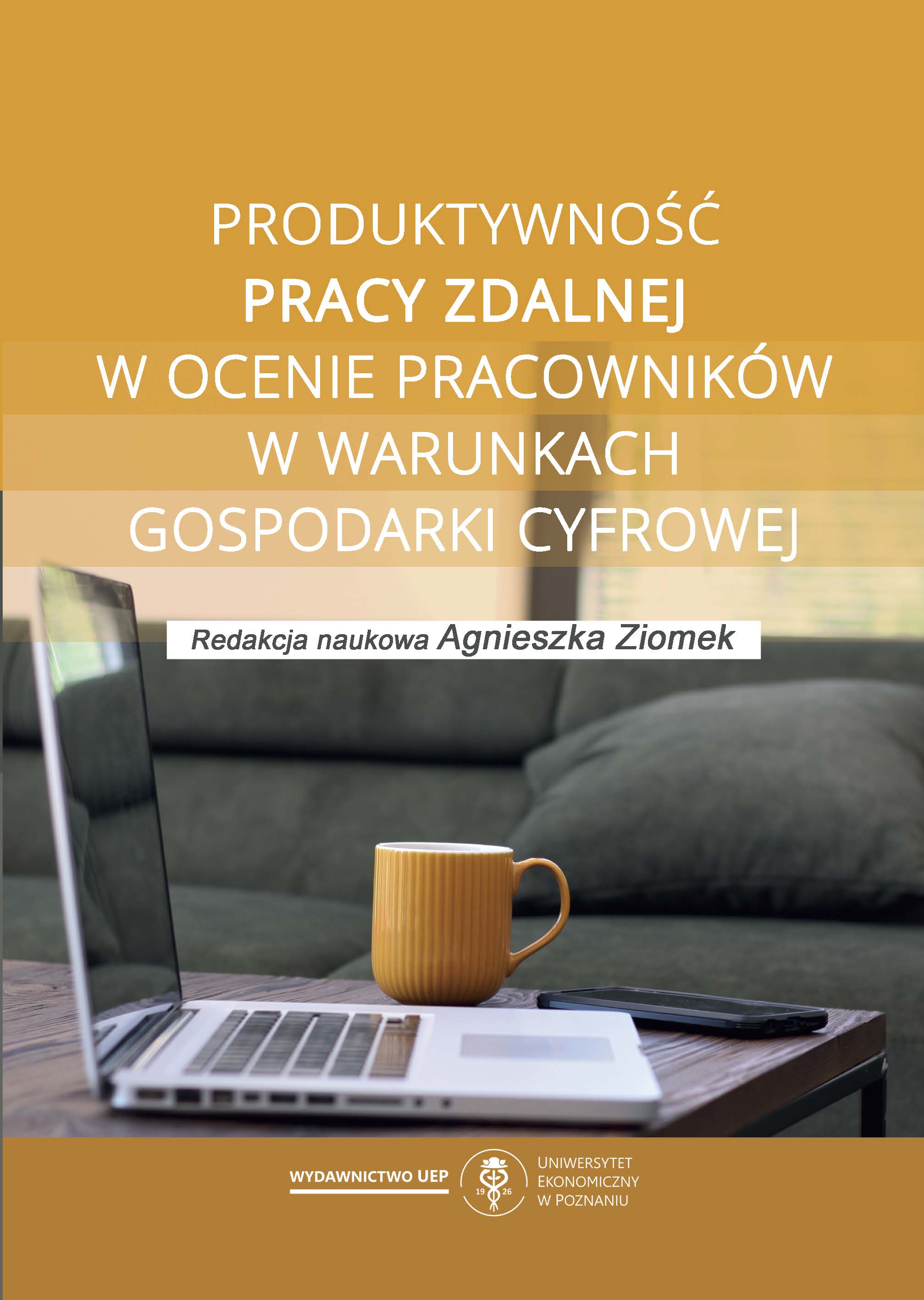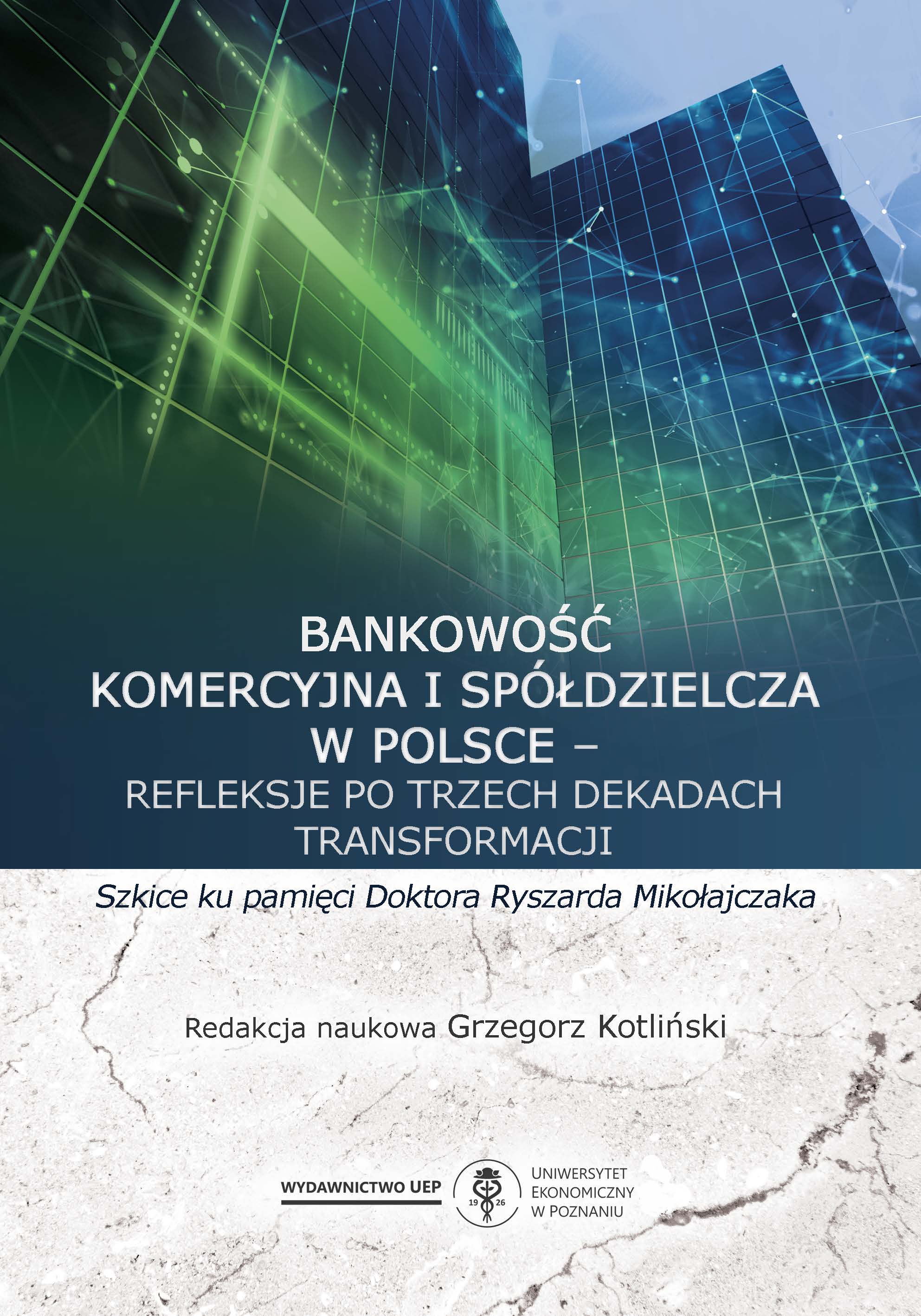
Ženy v řídících pozicích
This ebook is a collection of paper from an international conference: The women in leading positons", which has been held on November, 2005. The main topic was an analyse why in Czechia men are still prevalated in the leading positons. Vážené čtenářky, vážení čtenáři, žen je v dozorčích a správních radách, mezi generálními řediteli a na nejvyšších manažerských pozicích pomálu. Konstatování, k němuž lze v případě České republiky dojít i při letmém pohledu na data o tom, jak jsou ženy reprezentovány na rozhodovacích pozicích – a to nejen v privátním sektoru. Proč ale na uvedených postech chybějí, v čem „zaostávají“ za muži, že jim nejsou na takové úrovni rovny, co jim brání v tom, aby uspěly a vůbec dostaly šanci svým kolegům a nadřízeným dokázat, že mají na to danou pozici zaujmout? Tyto a další otázky jsme si v Gender Studies, o.p.s. kladly, když jsme se zamýšlely nad dalším kolem Soutěže o nejlepší firmu s rovnými pří ležitostmi pro ženy a muže v České republice a jejím stěžejním tématem. Na jednu stranu z celé řady výzkumů a statistik víme, že ženy jsou srovnatelně vzdělané a mají tedy alespoň na úvod svých kariér podobnou star tovací čáru jako muži. Na druhou stranu však tytéž výzkumy a statistické údaje uvádějí, že ženy významně převažují mezi nezaměstnanými právě v době, kdy by své kariérní plány měly začít uplatňovat, tj. ve věku mezi 25 a 35 lety, a že - pokud zaměstnané jsou - jejich výdělek je ve srovnání s pří jmem jejich mužskými kolegy nižší a kariérní vzestup pozvolnější. Jak je to možné a kde se stala „chyba“? Nedostatek žen v rozhodovacích pozicích souvisí s celou řadou aspektů, z nichž mnohé jsou nepojmenovatelné nebo spjaté s tradičními stereotypy o mužských a ženských rolí, a proto těžko odbouratelné. Má-li dojít k nějaké změně v zastoupení žen a mužů na různých úrovních rozhodování, je třeba nejen citlivosti k tomuto tématu „shora“, tedy ze strany stávající ho vedení, ale i obecné otevřenosti žen i mužů k diskusi o vlastních rolích – zvolených i tradičních, životních a kariérních plánech, a nepochybně také o možnostech sladit soukromí s rodinou a zaměstnáním. [...]The women in leading positionsThe women in leading positionsThe women in leading positionsin Czechia
More...
